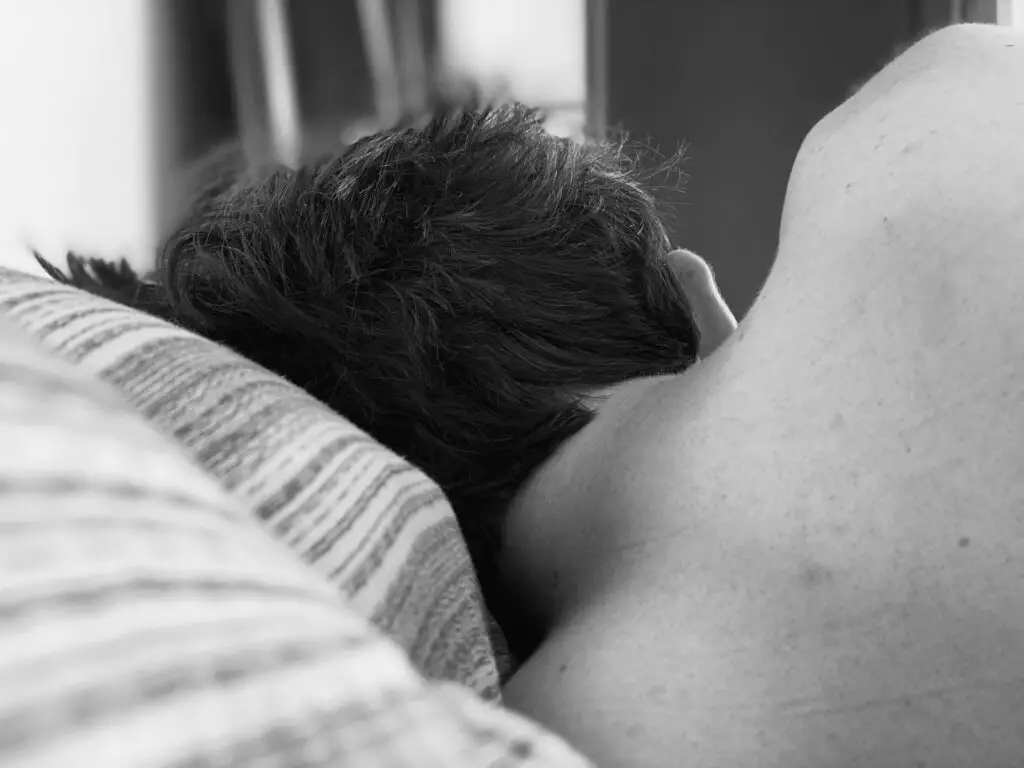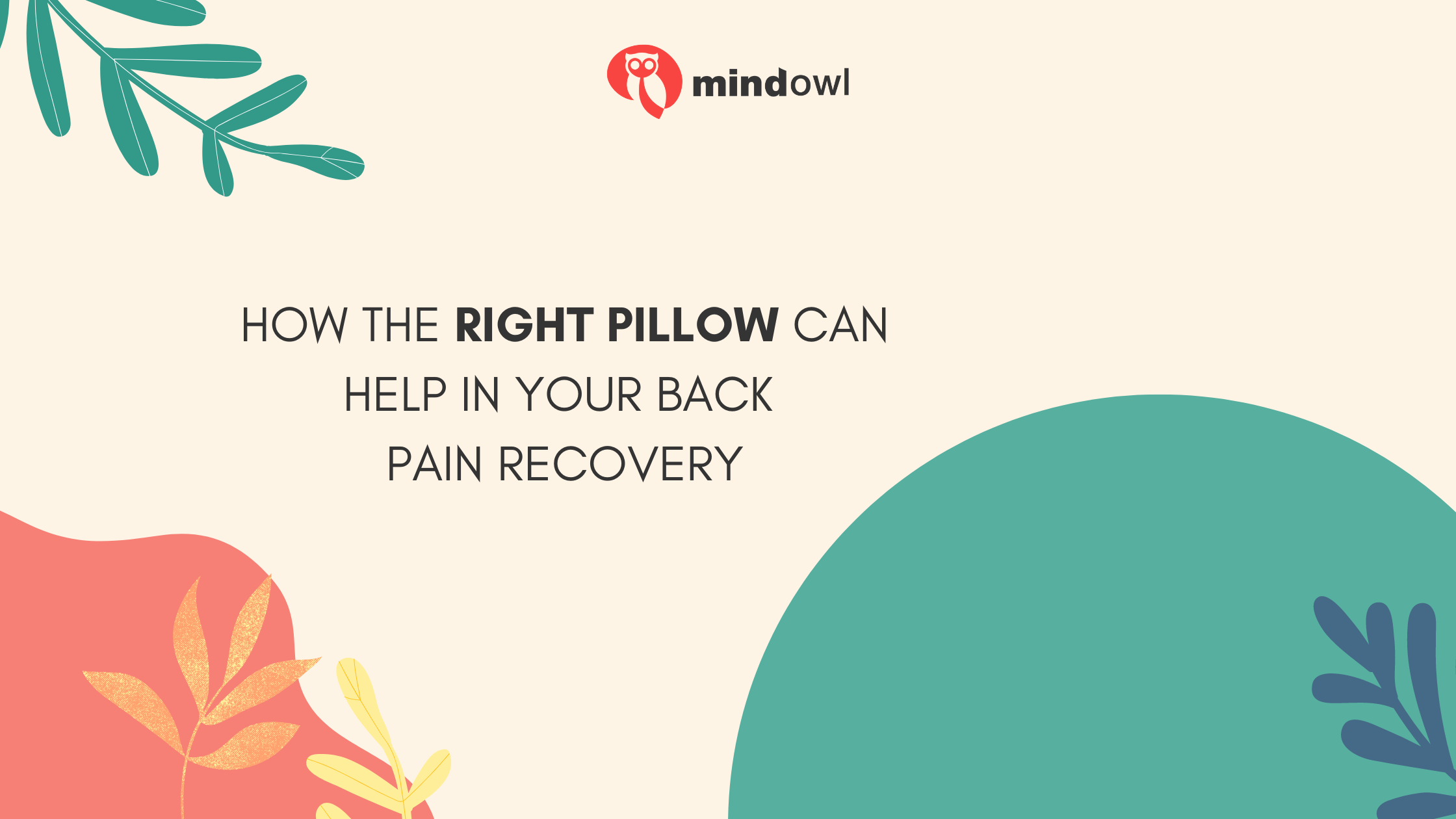You’ve heard it before: sleep is vital for recovery, especially when dealing with back pain. But here’s something most people overlook—what you rest your head on could sabotage your relief. The wrong pillow can worsen discomfort, while the right one can work wonders for the spine and muscles.
In fact, the humble pillow could be the unsung hero in a person’s healing journey. Let’s explore how choosing the Best Pillows for Back Pain can be a game-changer.

Understanding the Role of Pillows in Back Pain Relief
Many people underestimate the importance of a pillow when it comes to back pain. Think of it as a tool designed not just for comfort but for support. A cushion that aligns your head, neck, and spine relieves pressure points and reduces strain on your back. The right kind can help keep your spine in its natural curve, which prevents unnecessary tension.
Aligning the Spine: The Key to Reducing Back Strain
What happens when the spine isn’t aligned during sleep? Your muscles overwork to correct your posture, leading to soreness and stiffness. The right pillow ensures that your spine stays in a neutral position throughout the night. Whether you’re a side, back, or stomach sleeper, the alignment of your neck with the rest of your body is crucial. When your spine stays straight, your back doesn’t have to compensate, reducing the strain and pain.
Supportive Pillows for Different Sleep Positions
Not all sleep positions are created equal, especially regarding back pain. Back sleepers need a pillow that supports the natural curve of their neck, while side sleepers require a cushion that fills the gap between the shoulder and neck—a curved or contoured pillow is often the best pillow for side sleepers as it helps maintain proper spinal alignment. Stomach sleepers? They often need something thinner to avoid overstretching their neck. The point is a one-size-fits-all approach doesn’t apply here. Finding a cushion modified to your sleeping style will optimize your comfort and healing.
Pressure Relief: How Pillows Aid Muscle Recovery
A pillow that cradles your neck and head can release built-up tension in your muscles, giving them the time they need to heal. Proper support also benefits pressure points along your spine, especially in the neck and upper back areas, which are common pain zones. By reducing pressure, your muscles get the relief they crave, speeding up your recovery process.
Ergonomic Pillow Designs for Optimal Back Health
Have you ever wondered why some pillows come with strange curves or bumps? These ergonomic designs are created to provide extra support in specific areas, like the neck or shoulders. They help distribute pressure evenly and ensure that your spine stays aligned. An ergonomic cushion could make all the difference, especially if you wake up with persistent pain in the same spot.
How Proper Pillow Support Speeds Up Back Pain Recovery
The role of proper support in recovery is often overlooked. When the human body is correctly positioned during sleep, the spine and muscles can finally rest. Without a supportive pillow, the healing process becomes slower and less effective. With the right one, however, you’ll experience deeper, more restorative sleep, which is crucial for recovering from back pain.
How to Choose the Perfect Pillow for Your Back Needs
Start by considering your sleep position. Next, consider the material—do you need something firmer, like latex, or softer memory foam? Ergonomic designs can offer specialized support, especially when dealing with specific pain points. Lastly, don’t hesitate to try different types. A little experimentation will lead you to a pillow that feels like it was made just for you and your back.
A pillow isn’t just a place to rest the head—it’s a powerful ally in one’s back pain recovery journey. By choosing the Best Pillows for Back Pain, you can drastically improve your comfort, alignment, and overall well-being. So, take the time to find a cushion that supports you because a good night’s sleep might just be the best medicine your back needs.
MindOwl Founder – My own struggles in life have led me to this path of understanding the human condition. I graduated with a bachelor’s degree in philosophy before completing a master’s degree in psychology at Regent’s University London. I then completed a postgraduate diploma in philosophical counselling before being trained in ACT (Acceptance and commitment therapy).
I’ve spent the last eight years studying the encounter of meditative practices with modern psychology.

